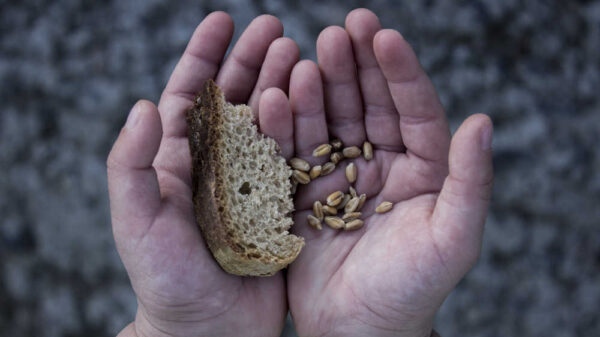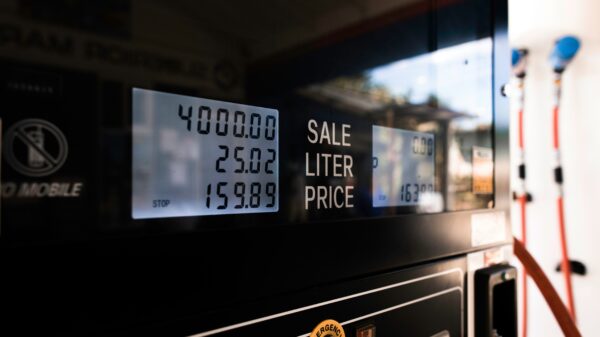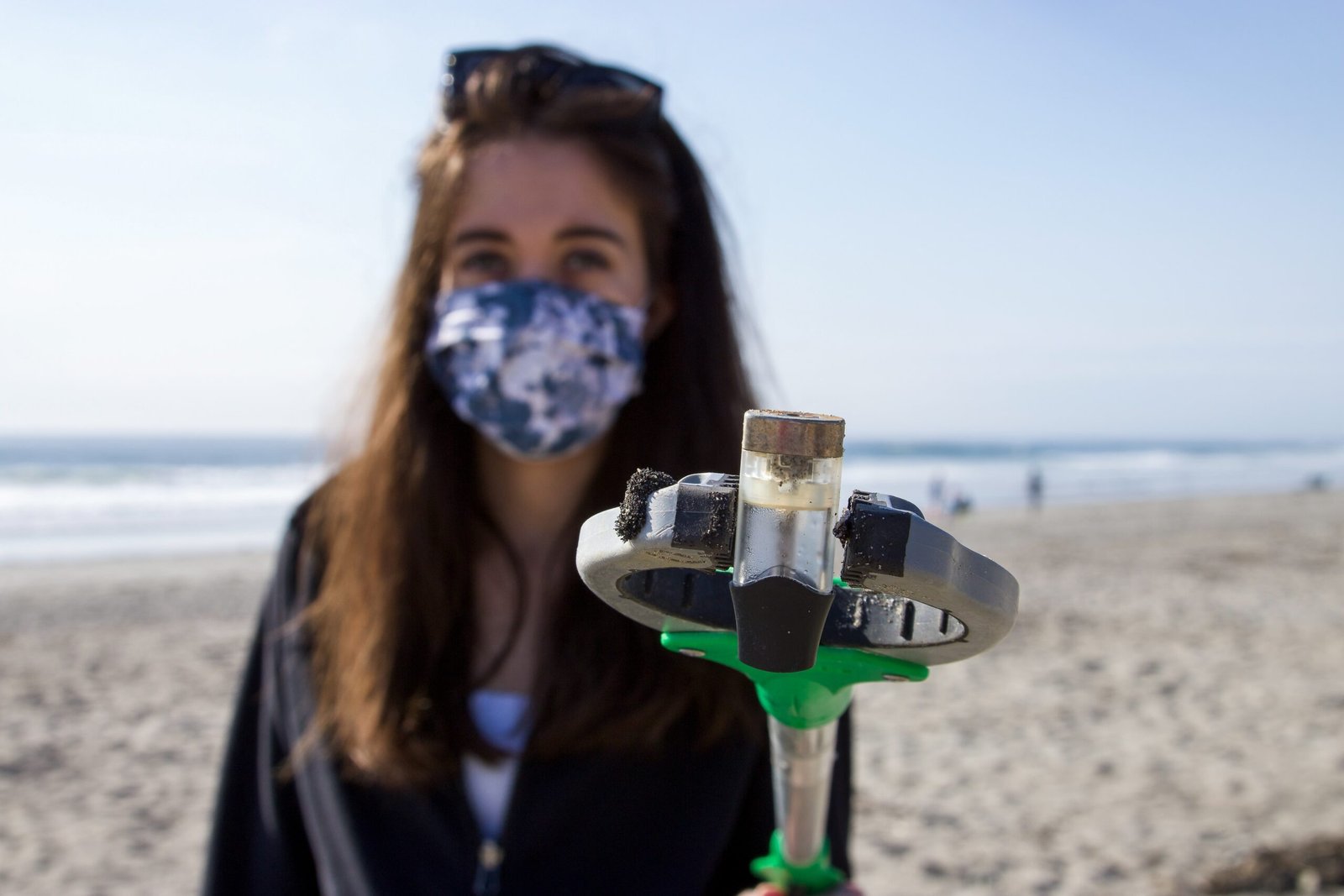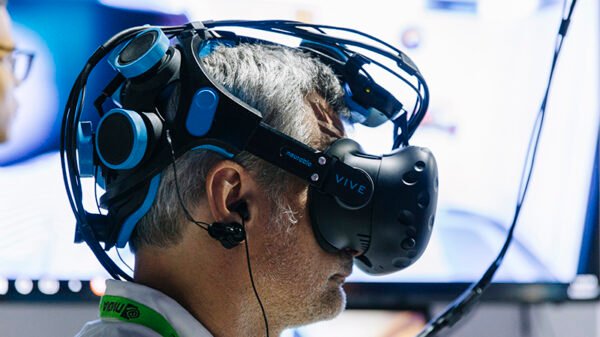Plastics have become an integral part of our daily lives, but their impact on the environment cannot be ignored. Traditional plastics are derived from fossil fuels and take hundreds of years to decompose, leading to pollution and environmental degradation. However, the future looks promising with the development of eco-friendly plastics that aim to minimize these negative effects.
Biodegradable Plastics
One of the most significant advancements in eco-friendly plastics is the development of biodegradable materials. These plastics are designed to break down naturally over time, reducing their environmental impact. Biodegradable plastics can be made from various sources, including plant-based materials such as cornstarch, sugarcane, and algae.
These materials are renewable and can be produced in a sustainable manner, making them an excellent alternative to traditional plastics. Biodegradable plastics can be used in a wide range of applications, including packaging, disposable cutlery, and even 3D printing.
Compostable Plastics
Compostable plastics are another exciting development in the eco-friendly plastics industry. These materials are designed to break down under specific conditions, such as in industrial composting facilities. Compostable plastics offer a more sustainable alternative to traditional plastics as they can be turned into nutrient-rich compost that can be used to enrich soil.
Compostable plastics are often made from plant-based materials like corn, potato starch, and cellulose. They can be used in various applications, including food packaging, disposable utensils, and agricultural films. However, it is important to note that compostable plastics require specific conditions for proper decomposition and should not be mixed with regular plastics in recycling streams.
Recycled Plastics
Another approach to eco-friendly plastics is the use of recycled materials. Recycling plastic waste helps reduce the demand for new plastic production and decreases the amount of plastic ending up in landfills or oceans. Recycling facilities can process plastic waste into pellets or flakes, which can then be used to create new products.
Recycled plastics can be used in a wide range of applications, including packaging, construction materials, and textiles. By incorporating recycled plastics into manufacturing processes, companies can reduce their carbon footprint and contribute to a more sustainable future.
Bioplastics
Bioplastics are a type of plastic derived from renewable sources, such as plants or microorganisms. These materials offer a more sustainable alternative to traditional plastics as they are made from renewable resources and have a lower carbon footprint.
Bioplastics can be used in various applications, including packaging, automotive parts, and consumer goods. They can be biodegradable or compostable, depending on their composition. However, it is essential to ensure that bioplastics are properly disposed of to maximize their environmental benefits.
Future Innovations
The future of eco-friendly plastics looks promising, with ongoing research and development in this field. Scientists and engineers are exploring new materials and manufacturing processes to create even more sustainable alternatives to traditional plastics.
One area of focus is the development of plastics that can break down in marine environments. This innovation could help reduce plastic pollution in oceans and protect marine life. Researchers are also investigating the use of organic waste, such as food scraps or agricultural residues, to produce bioplastics, further reducing the reliance on fossil fuels.
Furthermore, advancements in recycling technologies are making it easier to process and reuse different types of plastics. This includes the development of more efficient sorting and recycling methods, as well as the incorporation of recycled plastics into higher-value products.
In conclusion, the future of eco-friendly plastics is promising. Biodegradable, compostable, recycled, and bioplastics offer sustainable alternatives to traditional plastics. As awareness of environmental issues grows, more individuals and businesses are seeking ways to reduce their plastic footprint. With ongoing research and innovation, we can look forward to a future where plastics are no longer a threat to our planet.




































